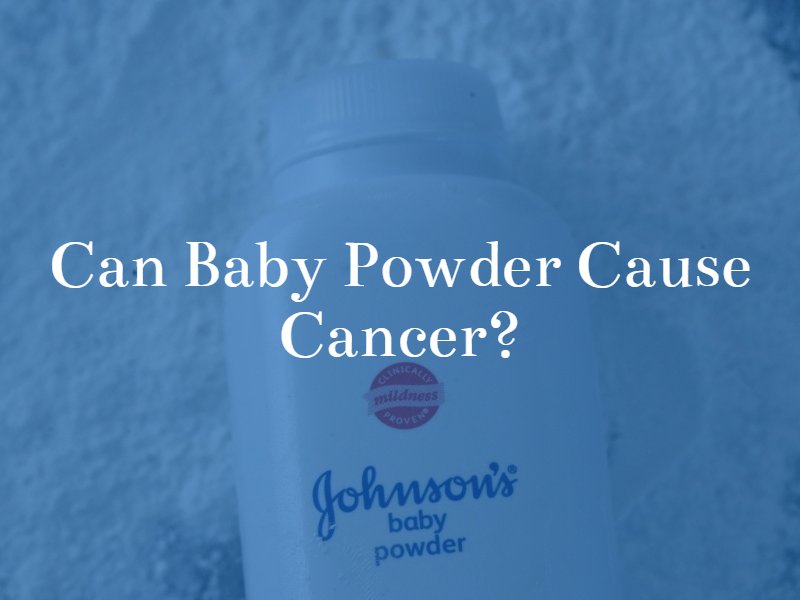A Voice for the Voiceless
The Dunken Law Firm is committed to helping each client find their voice and recover what has been lost.
START MY FREE CONSULTATIONApril 20, 2020 | Talcum Powder
In recent years, several lawsuits have been filed against cosmetic and pharmaceutical manufacturer Johnson & Johnson, alleging that long-term use of their branded baby powder can result in certain types of cancers. But are these claims valid? Does baby powder cause cancer?

Baby powder is a type of drying powder that helps prevent diaper rash and other ailments in babies caused by irritation and moisture. Its active ingredient may either be corn starch or talcum powder – also known as talc.
There have been no indications that corn-starch-based baby powder is inherently dangerous to any users. However, there may be a correlation between regular use of talc-based baby powder and the development of cancers such has ovarian cancer or lung cancer.
Subsequent studies have been conflicting though – none have produced a definitive link between baby powder use and cancer.
It is important to note that, despite the unclear link between talc and cancer, the lawsuits targeting Johnson & Johnson may still be valid. After all, they are not the only ones to produce talc products – and yet, they are perhaps the only company that is being targeted for lawsuits.
Johnson & Johnson quickly came under scrutiny for their specific baby powder because of the potential that it was contaminated with a form of asbestos called tremolite. Because both talc and tremolite are composed of magnesium silicate, they are often found in close vicinity to each other in talc mines. When talc is mined and processed, small amounts of asbestos may then contaminate the talc.
Because of this, the US Food and Drug Administration (FDA) normally requires all products containing talc powder to be tested for asbestos levels. However, Johnson & Johnson’s baby powder is categorized as a cosmetic product, not a drug. Therefore, it is not obligated to the same strict requirements.
Asbestos is a mineral that was previously used as insulation for homes and buildings, but it has since been removed for use due to its potent carcinogenic properties. Those who inhale asbestos particles may develop a severe, aggressive form of lung cancer called mesothelioma that has no cure. Mesothelioma can easily spread to other major organs in the body such as the heart and stomach.
Therefore, potential contamination of products such as talc powder are taken very seriously.
In response to these lawsuits, Johnson & Johnson claimed that they underwent independent testing of their own to ensure their products met the minimum acceptable levels of asbestos. However, plaintiffs have previously claimed that the company has hidden unfavorable results and fabricated others for decades.
Johnson & Johnson’s claims were quickly rendered invalid as well when, in late 2019, FDA regulators analyzed a batch of baby powder and found unacceptable levels of asbestos. What followed was a nationwide recall of 33,000 bottles of baby powder.
Despite no definitive data suggesting links between talc powder and ovarian cancer, it may be highly recommended to avoid talc products – especially those from manufacturer Johnson & Johnson.
If you or a loved one has contracted ovarian or lung cancer due to regular use of baby powder, please contact the mass tort litigation lawyer Dunken Law Firm to discuss your case. You may be eligible for significant compensation for your injuries.